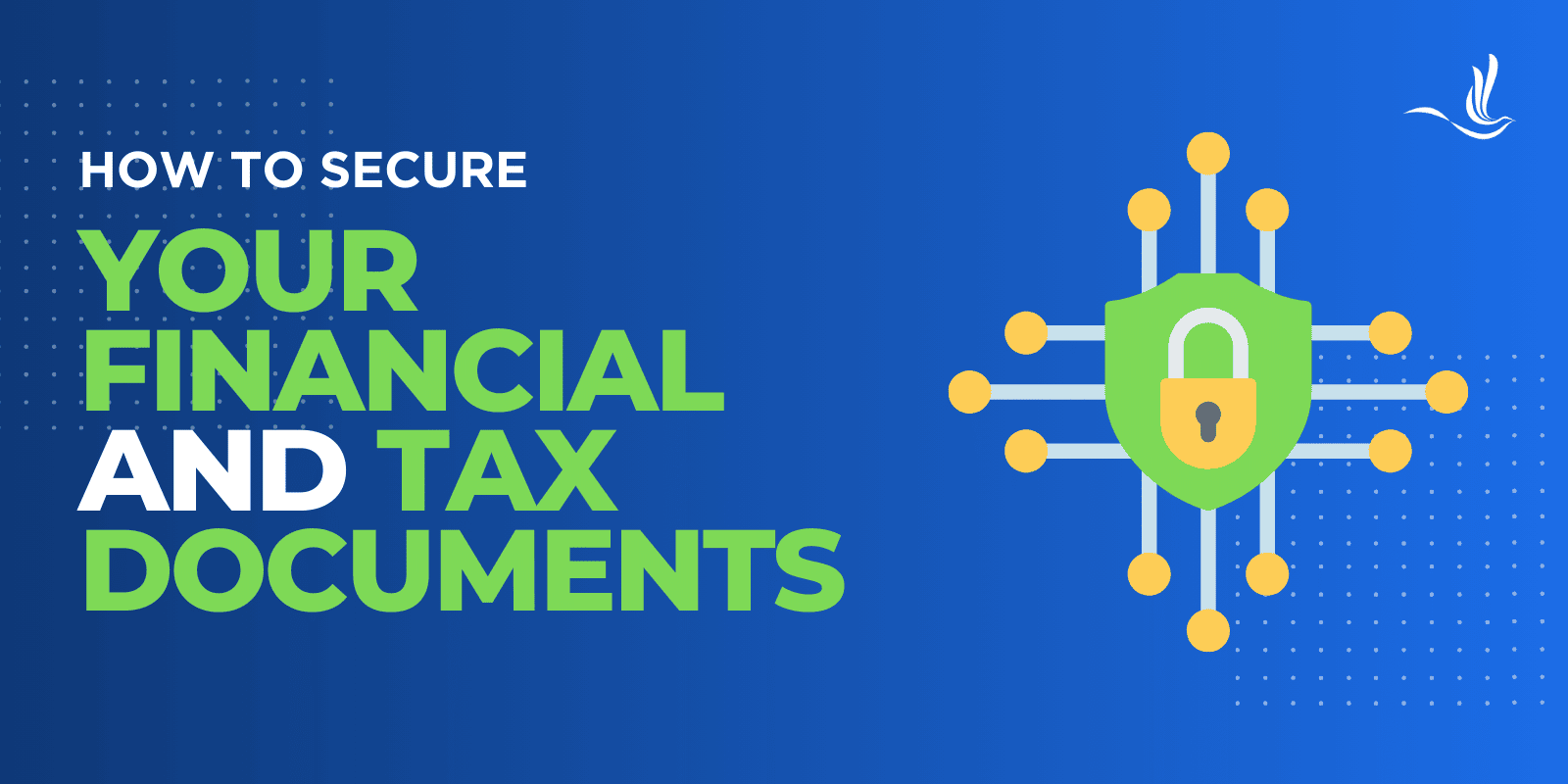How to Store Your Tax Documents Securely in 2025
Filing taxes is stressful enough — but what happens after you've submitted your returns? Properly storing your tax documents is just as important as preparing them. Whether it's W-2s, 1099s, receipts, or audit records, keeping your financial and tax-related files safe from theft, damage, or loss is crucial.
In this guide, we’ll walk you through the best methods to securely store your tax documents in 2025, both digitally and physically, so you're always ready in case of an IRS audit or personal reference.
Why You Should Store Tax Documents Securely
- The IRS recommends keeping tax records for at least 3–7 years, depending on the situation
- Digital copies help prevent loss due to fire, flood, or misplacement
- Secure storage protects against identity theft and data breaches
If you’re using online platforms, make sure they offer strong encryption and two-factor authentication (2FA). For more guidance on digital security, check out the IRS’s own resource: IRS - Taxpayer Guide to Identity Theft
Best Digital Storage Options for Tax Documents
1. Proton Drive
Proton Drive offers end-to-end encrypted cloud storage, making it ideal for sensitive documents like tax returns. It's developed by the team behind ProtonMail, known for its privacy-first approach.
- ✅ End-to-end encryption
- ✅ Zero-access policy
- ✅ Integrated with ProtonMail for secure file sharing
Visit: Proton Drive
2. pCloud + pCloud Crypto
pCloud provides AES-256 encryption and lifetime plans. With its "Crypto" add-on, you can encrypt files before uploading them to the cloud, giving you full control over access.
- ✅ Military-grade encryption
- ✅ Lifetime plans available
- ✅ Easy-to-use interface
Visit: pCloud Official Site
3. Tresorit
Tresorit is a Swiss-based service that uses client-side encryption and is GDPR-compliant. It's perfect for businesses or individuals who need enterprise-level security for tax records.
- ✅ Zero-knowledge architecture
- ✅ Real-time sync across devices
- ✅ Audit logs and compliance-ready
Visit: Tresorit
4. Sync.com
Sync.com offers end-to-end encryption and a clean user interface. Its free plan includes 5GB of storage, which is enough for basic tax backups, while premium plans offer more space and features.
- ✅ Strong encryption
- ✅ Folder sharing with permissions
- ✅ Available on all major platforms
Visit: Sync.com
5. Mega.nz
Mega offers 20GB of free storage and client-side encryption. While not specifically designed for tax documents, it’s a solid option if you want to keep your files secure without paying.
- ✅ Generous free tier
- ✅ Encrypted file transfer
- ✅ Browser-based access only
Visit: Mega.nz
Physical Document Storage Tips
- Use a fireproof and waterproof safe for original documents like property deeds or old returns
- Store originals in chronological order with labeled folders
- Keep tax documents separate from general paperwork
Additional Security Tips
- Always enable two-factor authentication (2FA) on cloud accounts
- Use strong, unique passwords and consider a password manager like Bitwarden or 1Password
- Make regular backups and test file recovery periodically
How Long Should You Keep Tax Records?
The IRS typically has a 3-year window to audit your return. However, if there's a significant error or fraud suspicion, they may look further back. Here's a quick breakdown:
- 3 years: Standard period for claiming refunds or audits
- 6 years: If you underreported income by more than 25%
- Permanent: Keep records related to real estate, investments, and business assets indefinitely
Final Thoughts
Storing your tax documents securely isn’t just about organization — it’s about protecting your financial future. Whether you choose digital cloud storage, physical filing, or a mix of both, ensure your system is reliable, accessible, and most importantly, secure.
If you found this guide helpful, share it with friends or family who might benefit from better tax record management. And if you're new to tax planning, start by reading our beginner’s guide: Tax Document Storage Basics.
Stay updated with more finance and tax tips by subscribing to our newsletter at GrowWithDigitals.com.





0 Comments